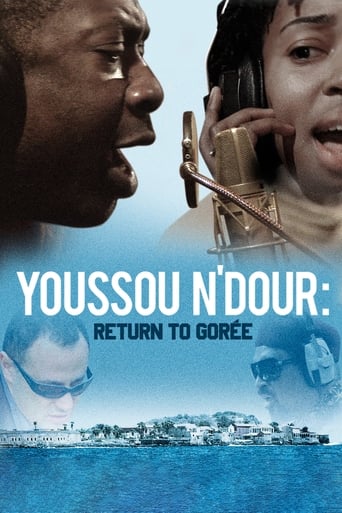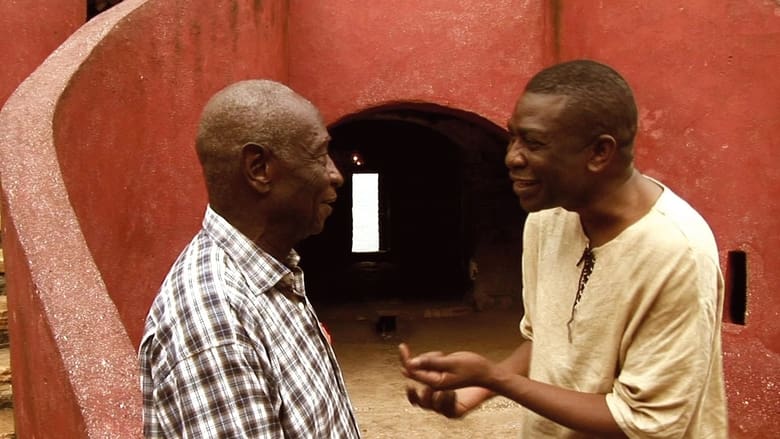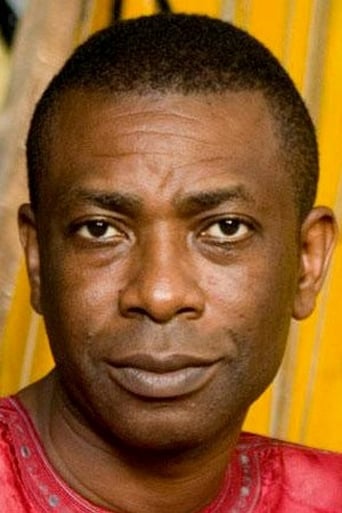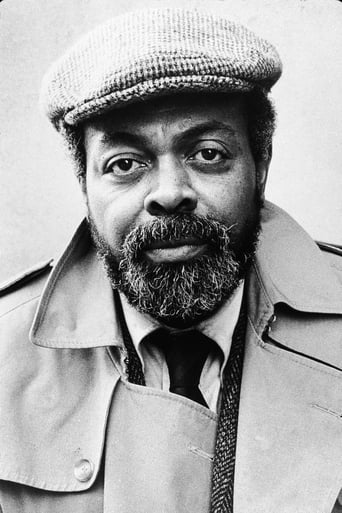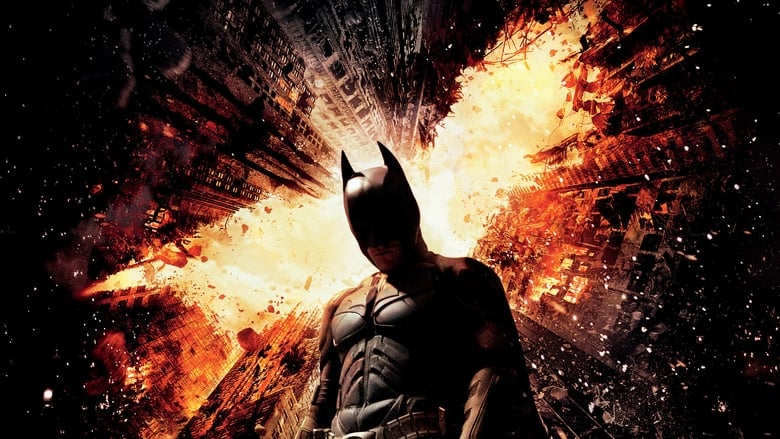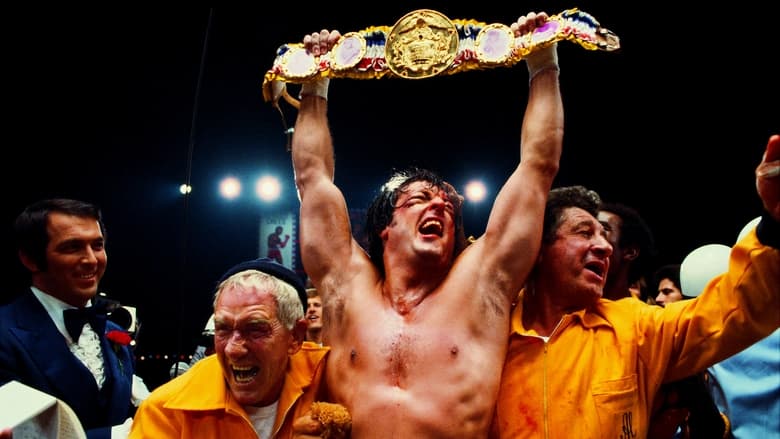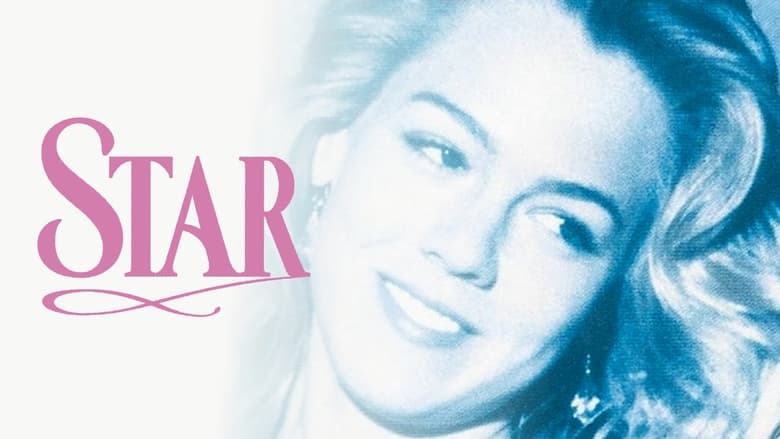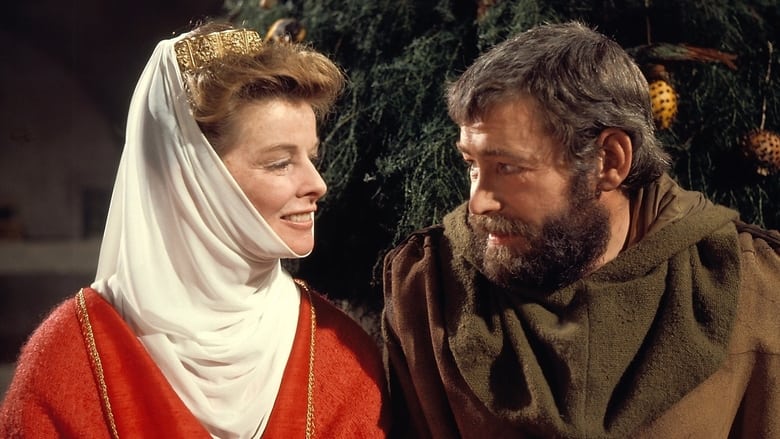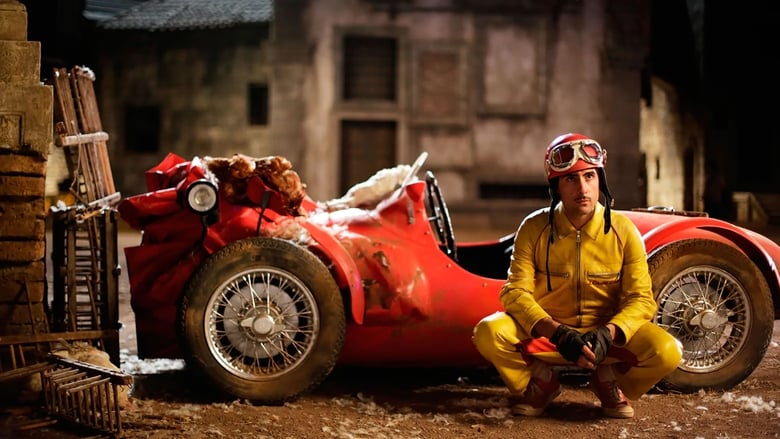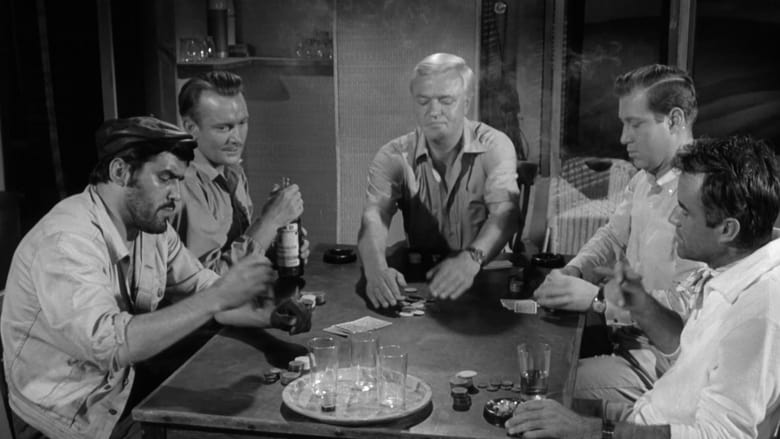Because jazz is the miraculous product of the horror of slavery, Youssou N'Dour returned to the slave route and the music they created, in search of new inspiration. Accompanied by the blind Swiss pianist Moncef Genoud and the Director of the Gorée House of Slaves Museum, Joseph N'Diaye, the Senegalese singer wrote new songs during this initiatory voyage which took him to the USA then to Europe. At Gorée, an island just off the Senegalese coast and symbol of the slave trade, his memorable concert marked the end of this quest and the start of a new challenge: making today's generation aware of the tragedy of slavery, the importance of not forgetting and the need for reconciliation.


Similar titles
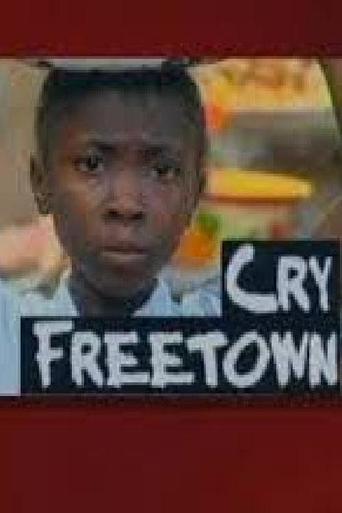
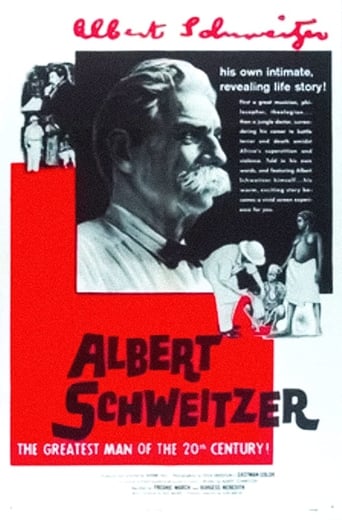
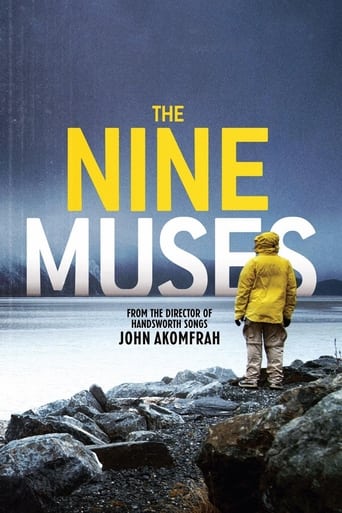
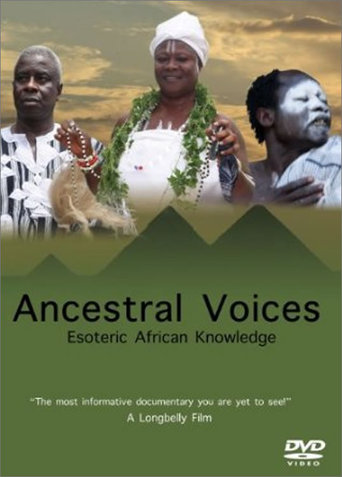
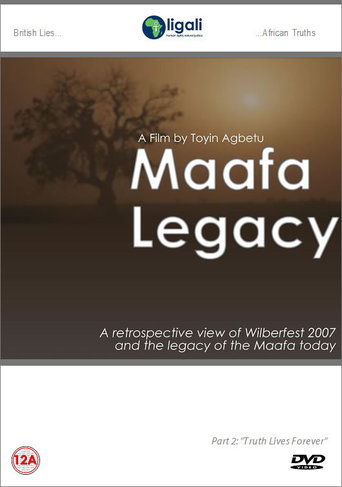
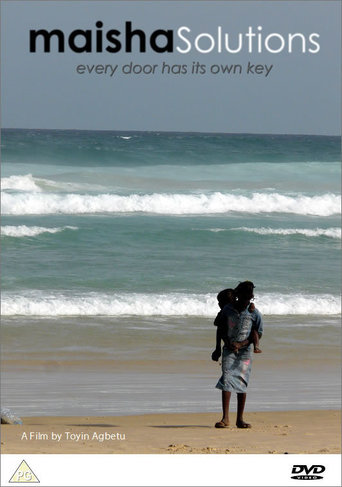
Reviews
"At the bottom of the Atlantic ocean there is a rail road, made of human bones; black ivory, black ivory" The potent words of American poet, Amiri Baraka are a powerful example that nothing can begin to comprehend the history of slavery, suppression and inhumanity like music, poetry, community and love. Youssou N'Dour discovers all of these on a journey which takes him around America and back to his native Senegal on a mission to reunite the black diaspora with its history.Goree is the infamous island off the coast of Dakar which was used as a departure point for the slave trade for America and Europe. It's House of Slaves, built in 1784 still stands to this day and remains testimony to the sad history and ravaged African west coast. Yet triumphantly it is in the ruins of these cramped quarters that N'Dour has planned a concert uniting Americans with Africa, jazz with mbalax, and the present with its past.On search for the talent who will bring different elements to the musical experience, N'Dour picks up gospel singers in Atalanta, and jazz musicians in New Orleans and New York city. The individuals he meets have their own personal histories to consider, as well as that of the music they perform. A diegesis of black music is explored in analytical and historical context with discoveries of some rhythms starting in Senegalese tradition and winding up in the streets of New Orleans' Mardi Gras. Percussionist Idris Muhammed has played for hundreds of musicians from Sam Cooke to Herbie Hancock and his expertise on rhythm is unparalleled, but even he seems to have a spiritual awakening on visiting Dakar and hearing the local djembe players.There is ecstatic excitement when the various musicians are finally brought to their destination concert, in particular the three gospel singing Turner brothers who see it as a kind of 'homecoming'. Early on there is some tension when N'Dour insists that the brothers don't add a Christian perspective to his songs and an uncomfortable moment follows when the Moslem N'Dour enters the Atalanta church to perform. The Turners' journey to Goree, however, creates perhaps the most poignant scene in the documentary when they are given the tour of the House of Slaves. Standing by a portal which opens directly onto the vast ocean and the Americas beyond, they sing in harmony 'Return to Glory'. Amidst the stone walls which were used to house captured Africans for centuries this song somehow breaks down the fortress with their strength of voice and resolution. To see and hear these three proud African-Americans belting out gospel in the confined icon of the slave trade seems like victory.The music is beautiful, not just because of the strength of the performances but because they are still amplified and resonate with hardships and the hope of overcoming it. The pain of a people has been distilled over centuries into keyboards, strings and vocal chords which continues to emote in neighbourhoods and communities world wide and is palpable here in the cinema auditorium. The power of music to unite is Return to Goree's central message, but the power to move is its welcome effect.
I am the person who initiated the project of this film, I am the co-scenarist and co-producer. I would like to answer to some "Supercargo" 's comments. Sometimes, people expect too much of a film. This is obviously what happened to Supercargo when watching "Return to Goree". It was not our intention to talk about reggae and Caribbean music for instance, as it would need a whole film in itself. As well, to present where the people living in Dakar come from would need an other film, etc. We just followed Youssou N'Dour and Moncef Genoud on their quest for new musical arrangements, meetings with other musicians and a certain form of spiritual quest. About the Harmony Harmoneers song in the "Door of no Return" : it was totally unexpected, we didn't even know that they had composed a song and frankly, still today I don't know if they had prepared it or if they improvised it there, on the moment. About the so called "guards with guns" that Supercargo mentioned : Youssou was victim of a serious attempt to his live about 20 years ago, in Dakar. He has two body guards with him when he goes somewhere. They don't have guns, never. The only people with guns can be policemen. There was some of them on Goree Island the day we went there with Youssou at the beginning of the journey, and as you can imagine, they were, as many people, attracted by the cameras. That's all. We never had anybody with guns with us during the whole period of shooting in Senegal, USA, Luxembourg and back to Senegal (five weeks). About what Idris says : I totally disagree with Supercargo : Idris was saying much more with symbolic gestures, attitudes and with his silence than with words. And this is something people can feel in the movie, I believe. All in all, these five weeks turned to be a incredible spiritual experience. I was there all the time. It was great !
Another great pick from the guys at the London Film Festival. I must admit I only saw this film as my first choice Night Train (www.imdb.com/title/tt1032941/) was sold out. But it turned out that I landed on my feet, as Goree was great.If you've seen the film and you know your Classics, I should have stated the film is more a Musical Jason and The Golden Fleece then The Odyssey. The film follows African Musician Youssou N'Dour's journey to bring Jazz back to Africa. His journey takes him from Atlanta to New York to a pre-Katrina New Orleans to Europe and ultimately to Africa and the Island of Goree in Dakar; Senegal in order to recruit musicians. The film is more than a series of Musical performances those are great by the way, it's also a spiritual journey. The spiritual journey is best conveyed by the reactions of musicians Idris Muhammad and The Harmony Harmoneers. Idris comes over initially as a larger than life figure but once he's in Africa you get the impression that he's fulfilling something that has laid dormant in him. Likewise the Harmoneers, go thorough a change. You initially sense a tension between them and the other musicians N'Dour has recruited as they are last to be recruited. But they too, go through a transformation on a trip to Goree and the Fort where Slaves were kept before travelling to The Americas. Trust me you'll have a lump in your throat when you hear them sing a Gospel tune against the background of the Fort.At the screening I attended the Director stated that Yossou may release the music from the film at a later date I do hope does. Likewise I hope the people of Dakar and Sengal get to see the film.A really Great Musical film with a Spiritual element to it.BNhttp://www.imdb.com/mymovies/list?l=14198203
I saw this on the big screen in Austin, TX, in November 2007. My expectations weren't high; I had heard of Youssou N'Dour through his work with Peter Gabriel and liked his music well enough, but not enough to actively pursue opportunities to hear more. After seeing this documentary, my opinion of N'Dour and his music have transformed. Throughout the documentary, the twin themes of African enslavement and the liberating power of music are always in the forefront, and neither is neglected to promote the other. Instead, the themes intertwine as we follow N'Dour on his trek around the world, gathering his band of champions like a musical Yul Brenner from "The Magnificent Seven" to overcome injustice and ignorance and establish the dignity of individuals and their neglected contributions to the sad history of the African Diaspora. We are shown the musicians playing and at play, each coming across with their own distinct contribution to the cause. At every stop along the way (Atlanta, New Orleans, New York, Luxembourg, and finally Dakar) the viewer is treated to musicians performing, occasionally for audiences but often enough for each other, communicating their passions and collaborating to create something larger than themselves. And N'Dour is always around as ringmaster, coach, father figure and ambassador, providing a focus for the project; his charisma and the gentle ease with which he forms the project is a wonder to witness. Do they give out Nobel Prizes for music? But, importantly, this is not merely a didactic polemic about the evils of slavery; it is a celebration of the humanity in all of us and the expression of that humanity through music, and here is where the magic truly is. The film is at its best when we see the musicians play together and commune with each other beyond the boundaries of culture and language. When the Harmony Harmoneers sing in the doorway of the outpost that for many Africans was their last experience of Africa, you'll get chills. Seek this out; watch it with others and share in the joy and sorrow that is our collective experience, the pain that life can bring and the balm that is music.
